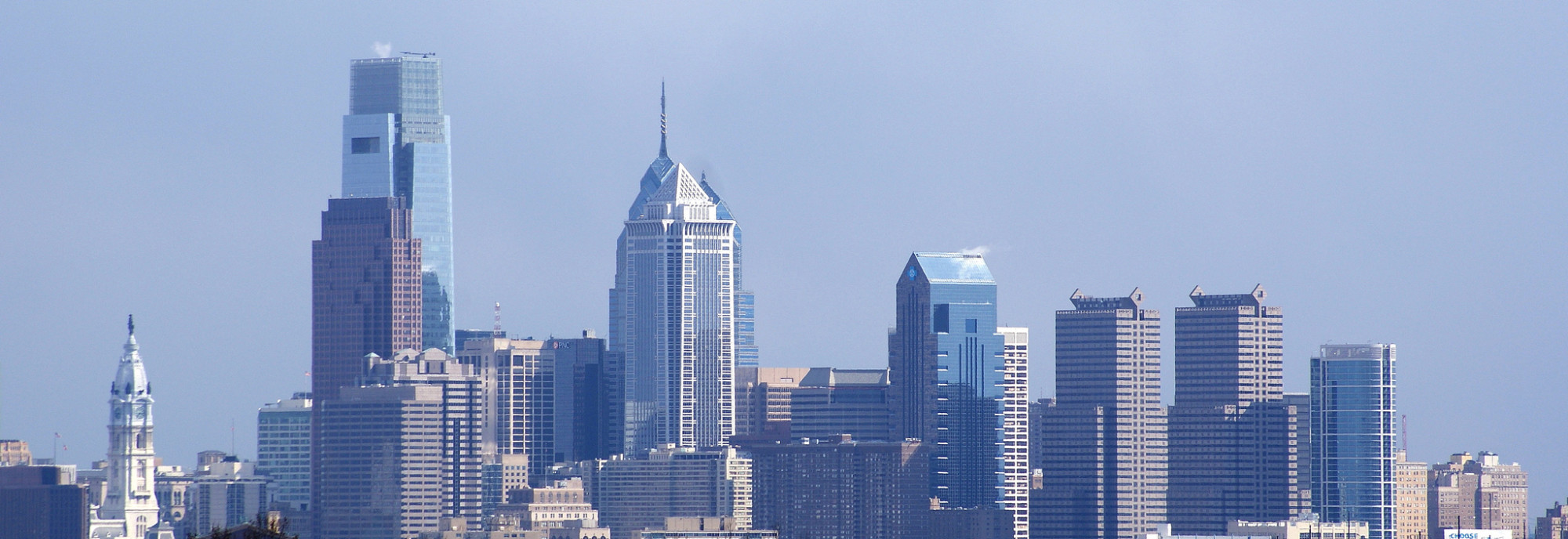I ask because I’ve spent time this summer with crawdads and Evvie and stupid self-involved conversations with idiotic young women, and I wonder if the whole art form is over, and even if that’s maybe a good thing whatever my personal preferences.
Which are to passionately clutch my book to my heart and spew invective at the uncaring universe.
Only, if the novel can survive this current self-referential vapidity, what then? Where to, what next, and more to the point, how? And what is it, exactly, that’s savorless here: the form, or the stagnant, artificially sweetened thinking poured into it? 
I know, I know: I’ve been down this road before, but I think I’m a proven, trustworthy pathfinder for this particular journey. (Those who’ve encountered my own fiction might disagree; I’ll take that argument.) But there are plenty of fellow travelers: this blog was inspired in part by a comment by Ross Douthat on the passing of Toni Morrison, quoted by Brigid Delaney in The Guardian: “Something has changed in the cultural status of the novel.” What a genteel little understatement! Delaney wonders about the impact of social media; I suspect that’s symptomatic of a wider, even more critical disturbance.
This is only a quick post on an off week, which is to say I haven’t thought all this through yet, but next weekend’s a holiday and I hope to post something better Labor Day. Until then, it’s a matter of letting the questions themselves point the way: is the novel still an important form, one that can move or enlighten societies, even nations? If not, why not? If yes, what the hell happened?
Suggestions welcome.
MM
Photo credit: Ellen Forsyth, Fiction, genre sign Burton Barr Central Library, Phoenix Public Library (CC BY-SA 2.0)
